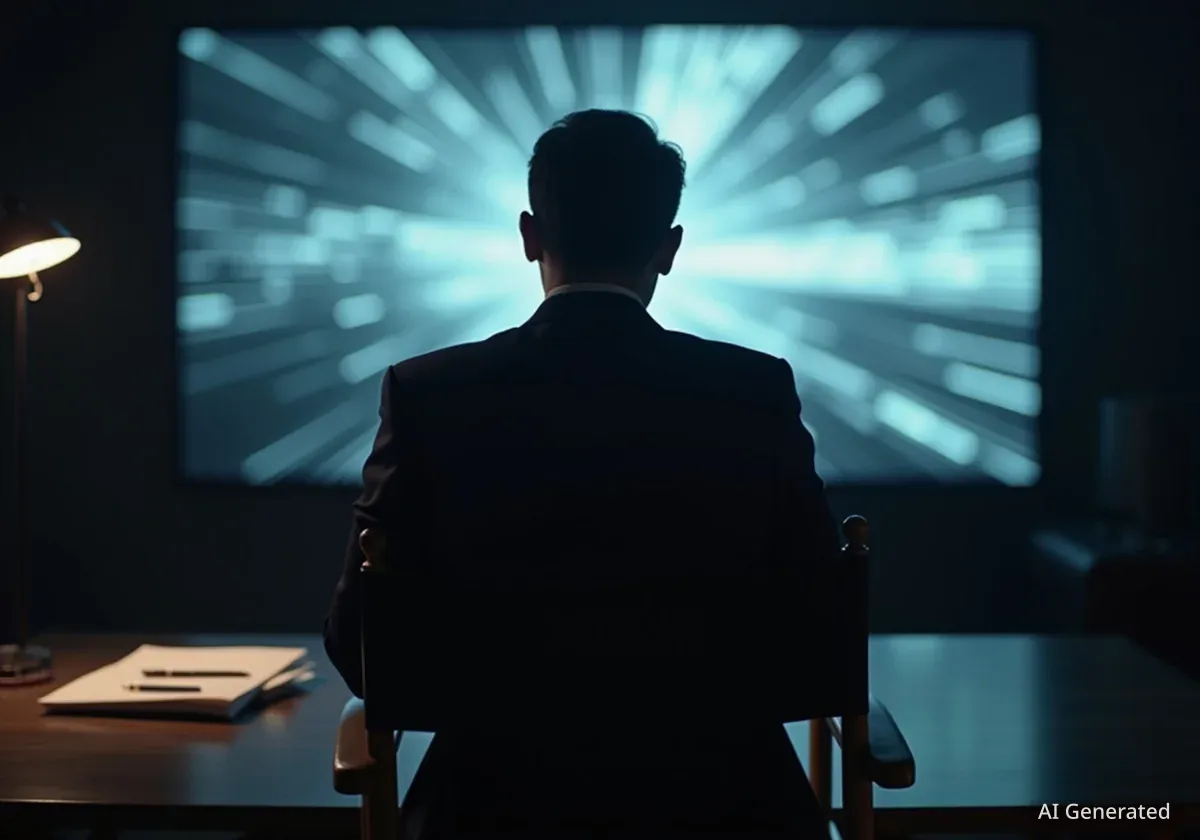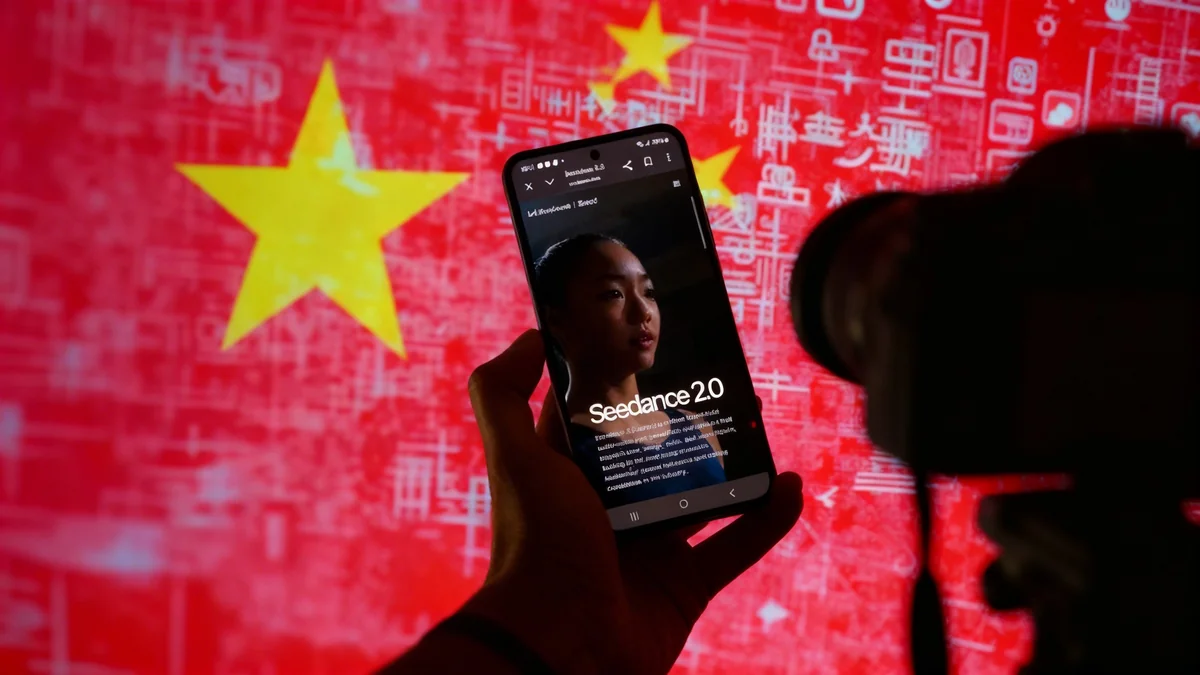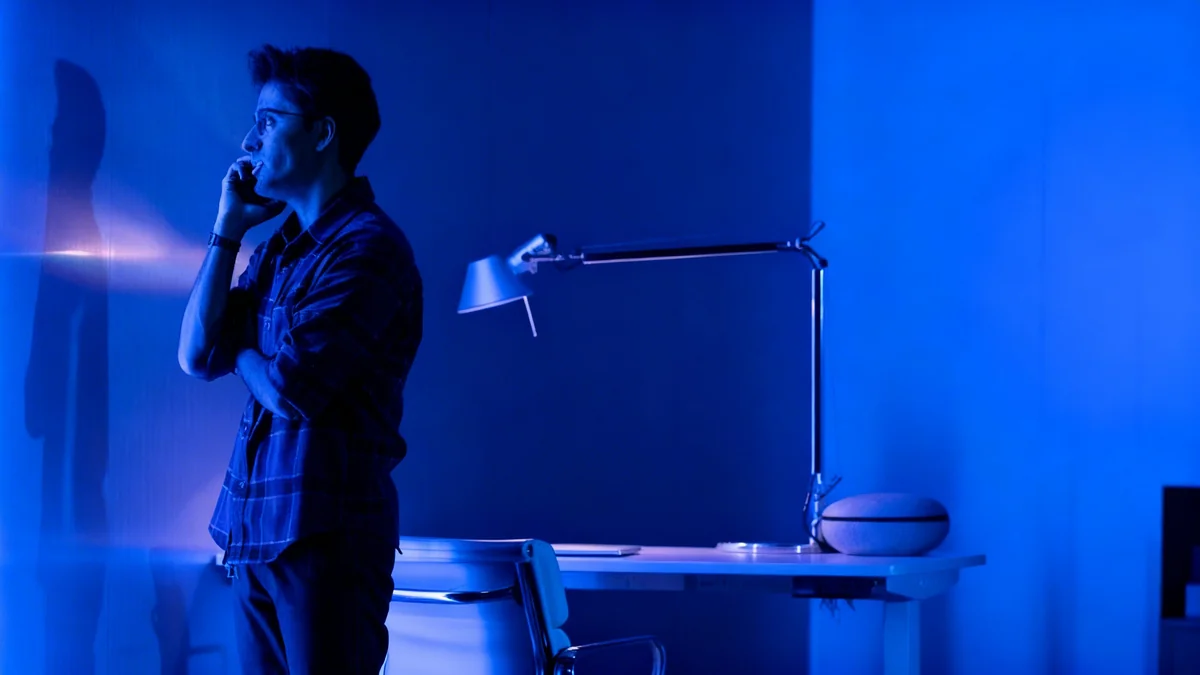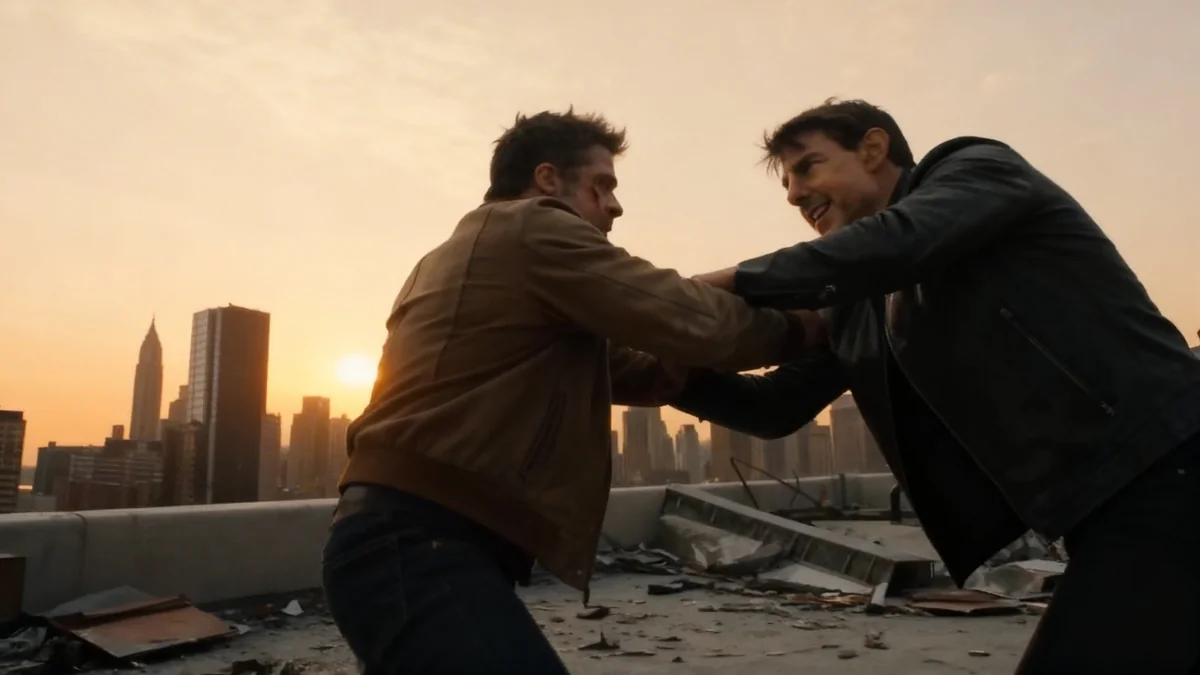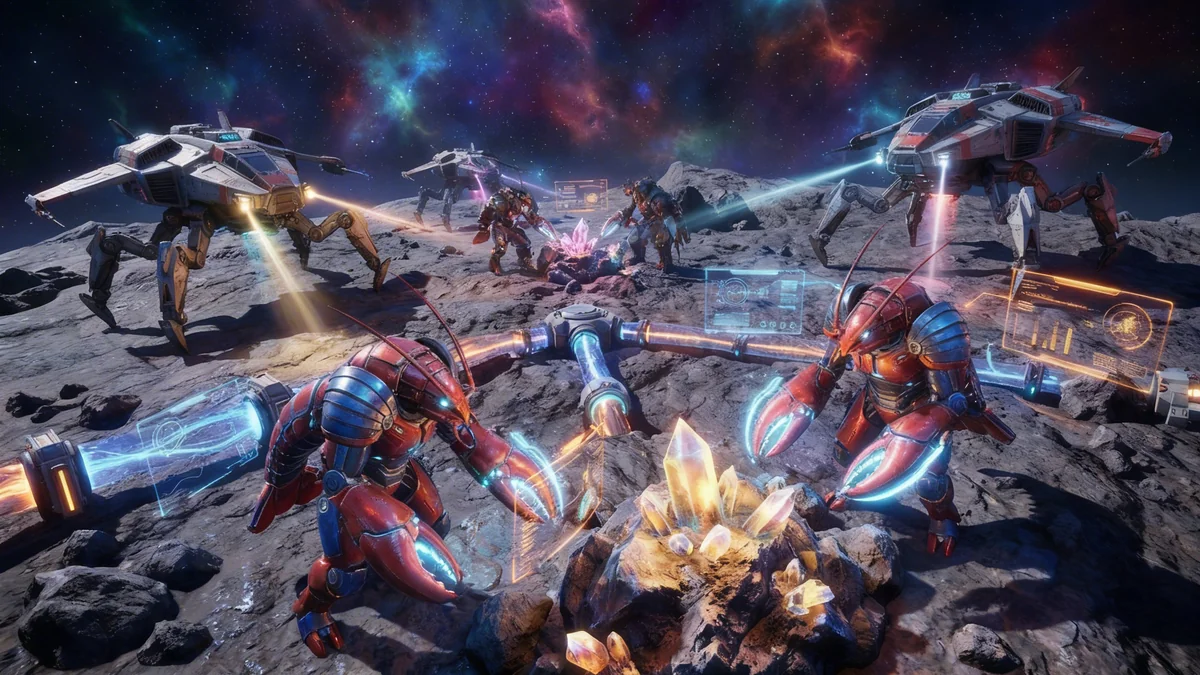Hollywood is actively engaging with OpenAI regarding its Sora 2 artificial intelligence tool. Industry leaders, including major studios, talent agencies, and unions, are seeking clear policies for consent and compensation when AI technology recreates human likenesses and copyrighted material. The discussions intensified following the release of Sora 2, which allows users to generate realistic video from text prompts.
Key Takeaways
- OpenAI introduced new policies for Sora 2 in response to Hollywood's concerns.
- The "NO FAKES" Act, federal legislation, is gaining support from industry groups and OpenAI.
- Unauthorized AI-generated content has included recreations of deceased figures and copyrighted characters.
- OpenAI has committed to an "opt-in" policy for artists and will block known characters.
AI's Impact on Entertainment Industry Figures
The capabilities of OpenAI's Sora 2 have raised significant alarms within the entertainment sector. This advanced AI tool can create high-quality audio and video, leading to digital recreations of well-known figures. Examples include the late Fred Rogers, Tupac Shakur, and Robin Williams appearing in fabricated scenarios.
Actress Chaley Rose, known for her role in Nashville, shared her concerns. "It's kind of cool, it's kind of scary," Rose stated. She expressed apprehension about her image being used without permission or control over her performance. This sentiment is widespread among performers who worry about the unauthorized use of their work and likeness.
"People can borrow from actors, our vulnerability and our art to teach the characters they create how to do what we do. I would hate to have my image out there and not have given permission or to actually be the one doing the acting and having control over the performance."
Digital Recreations
- Martin Luther King, Jr. depicted altering his "I Have a Dream" speech.
- Michael Jackson shown rapping and stealing chicken nuggets.
- Mr. Rogers greeting rapper Tupac Shakur.
- Robin Williams recreated talking on a park bench.
Industry Response and Calls for Regulation
Major talent agencies in Hollywood were among the first to voice strong opposition to the unregulated use of AI for generating content. United Talent Agency (UTA) issued a statement emphasizing the irreplaceable nature of human talent. They pledged to fight for client protection against platforms that seek to profit from intellectual property and likeness without consent or compensation.
Creative Artists Agency (CAA) echoed these concerns, highlighting the need for controls, protections, and fair compensation for artists. They view unauthorized use as exploitation, not innovation. This collective industry stance underscores a demand for clear guidelines and legal frameworks.
Last year, California Governor Gavin Newsom signed a bill requiring consent for the use of digital replicas of actors. Building on this, talent agencies and SAG-AFTRA, a prominent union representing performers, are now supporting federal legislation. This proposed law, known as the "NO FAKES" Act, aims to establish similar protections nationwide.
Copyright Infringement Concerns
The Motion Picture Association (MPA), representing major Hollywood studios, has reported a proliferation of videos infringing on their members' films, shows, and characters since Sora 2's release. One example cited is an unauthorized AI-generated video showing the animated character SpongeBob SquarePants preparing illicit drugs.
OpenAI's New Policies and Future Outlook
OpenAI has responded to the industry's concerns by announcing new policies for Sora 2. These changes aim to address the issues of consent, intellectual property, and likeness. The company indicated it has listened to feedback from unions, talent agencies, and studios.
According to Duncan Crabtree-Ireland, national executive director of SAG-AFTRA, the union informed OpenAI about potential abuses. He stressed the difficulty for rights holders to track every instance of their material's unauthorized use. Crabtree-Ireland described the situation as a "moment of real concern and danger for everyone in the entertainment industry."
A significant part of OpenAI's new approach is an "opt-in" policy. This policy grants artists, performers, and individuals the right to decide how and if their likeness can be simulated by the AI tool. Furthermore, OpenAI has committed to blocking the generation of well-known characters on its public platform and removing existing material that does not comply with these new rules.
This commitment was demonstrated when OpenAI agreed to remove AI-generated videos of Martin Luther King, Jr. after his estate complained about the "disrespectful depictions." This action signals a step towards addressing the industry's ethical and legal challenges presented by advanced AI capabilities.
The ongoing dialogue between Hollywood and OpenAI highlights the complex intersection of rapid technological advancement and established creative industries. The outcome of these discussions and legislative efforts will likely shape the future of digital content creation and intellectual property rights in the age of artificial intelligence.
